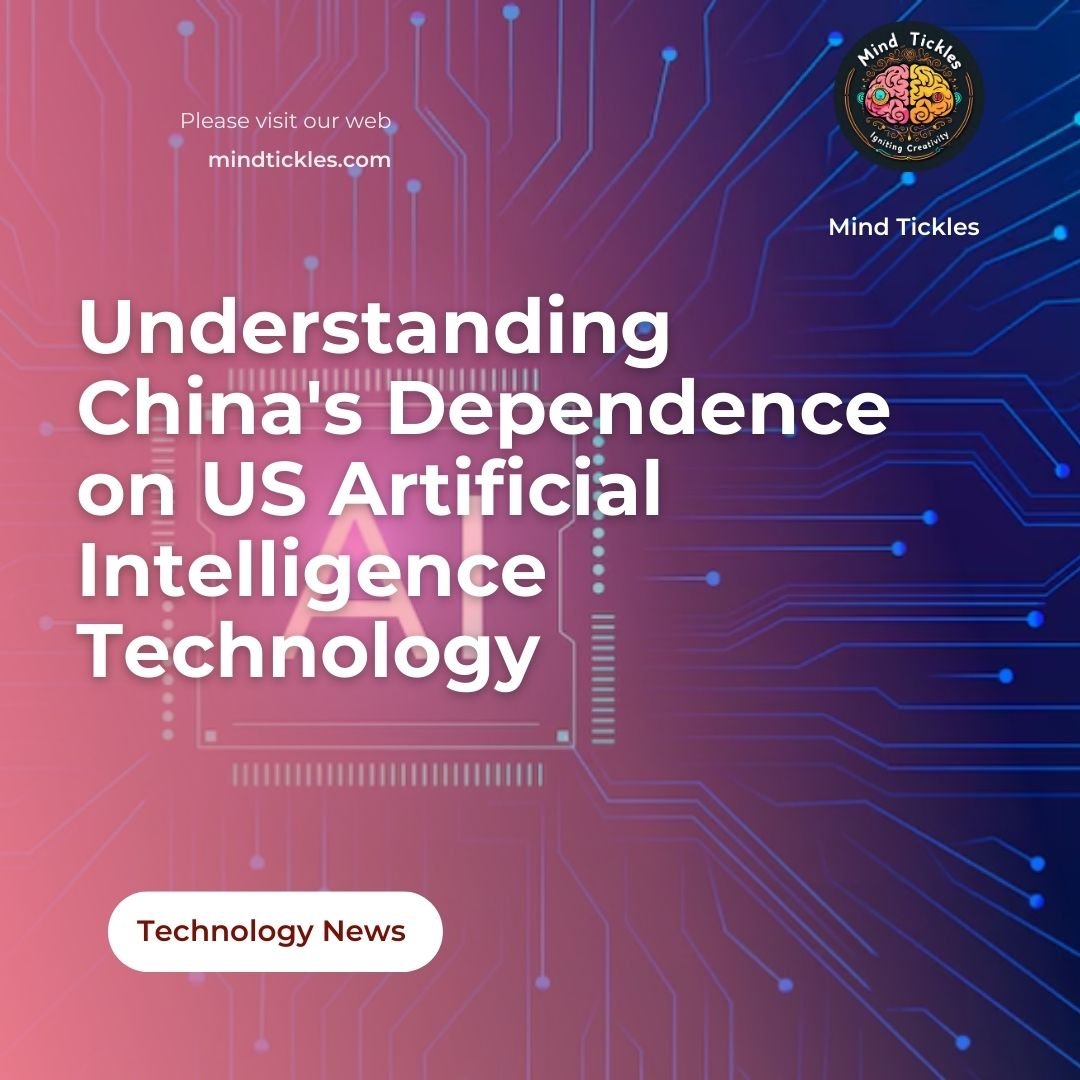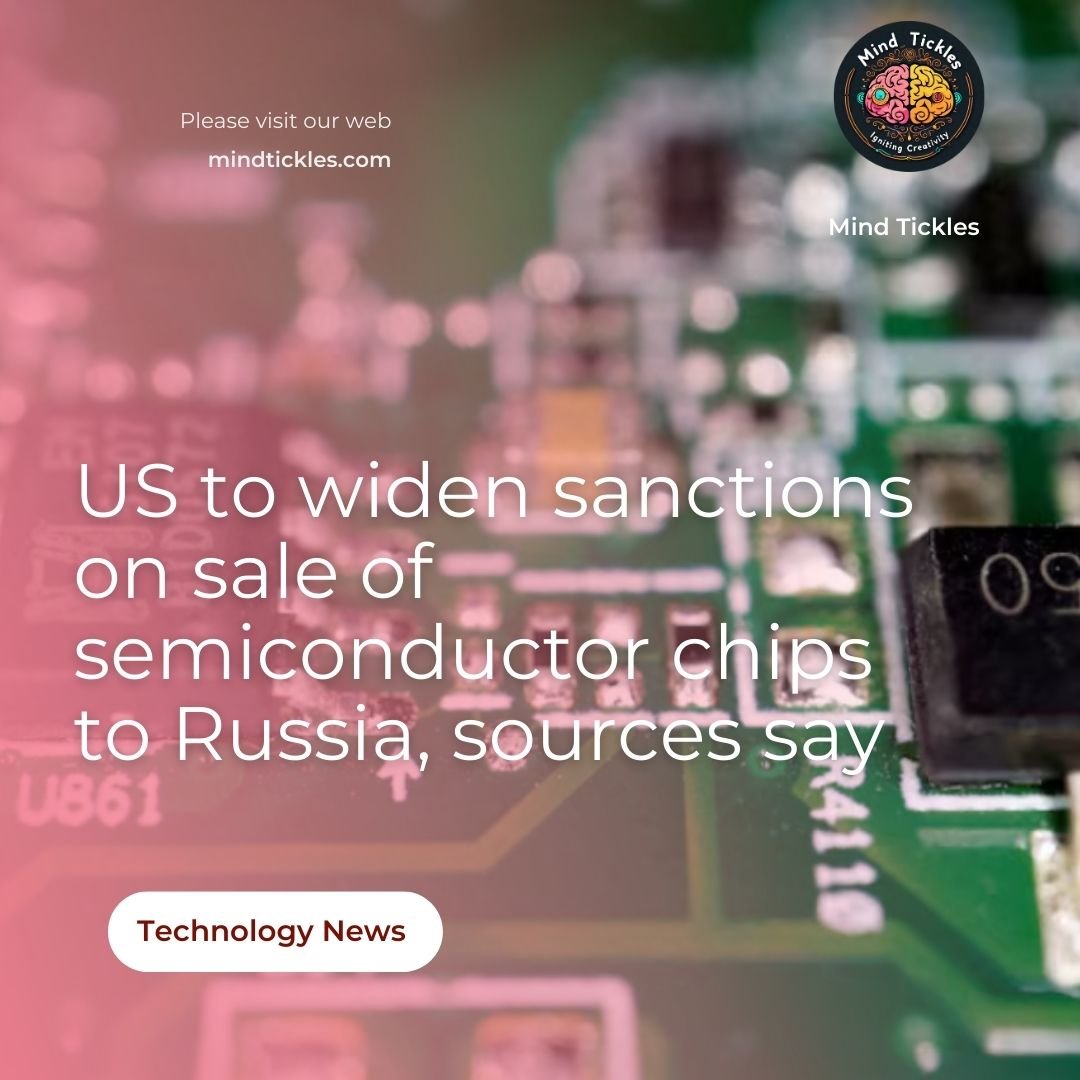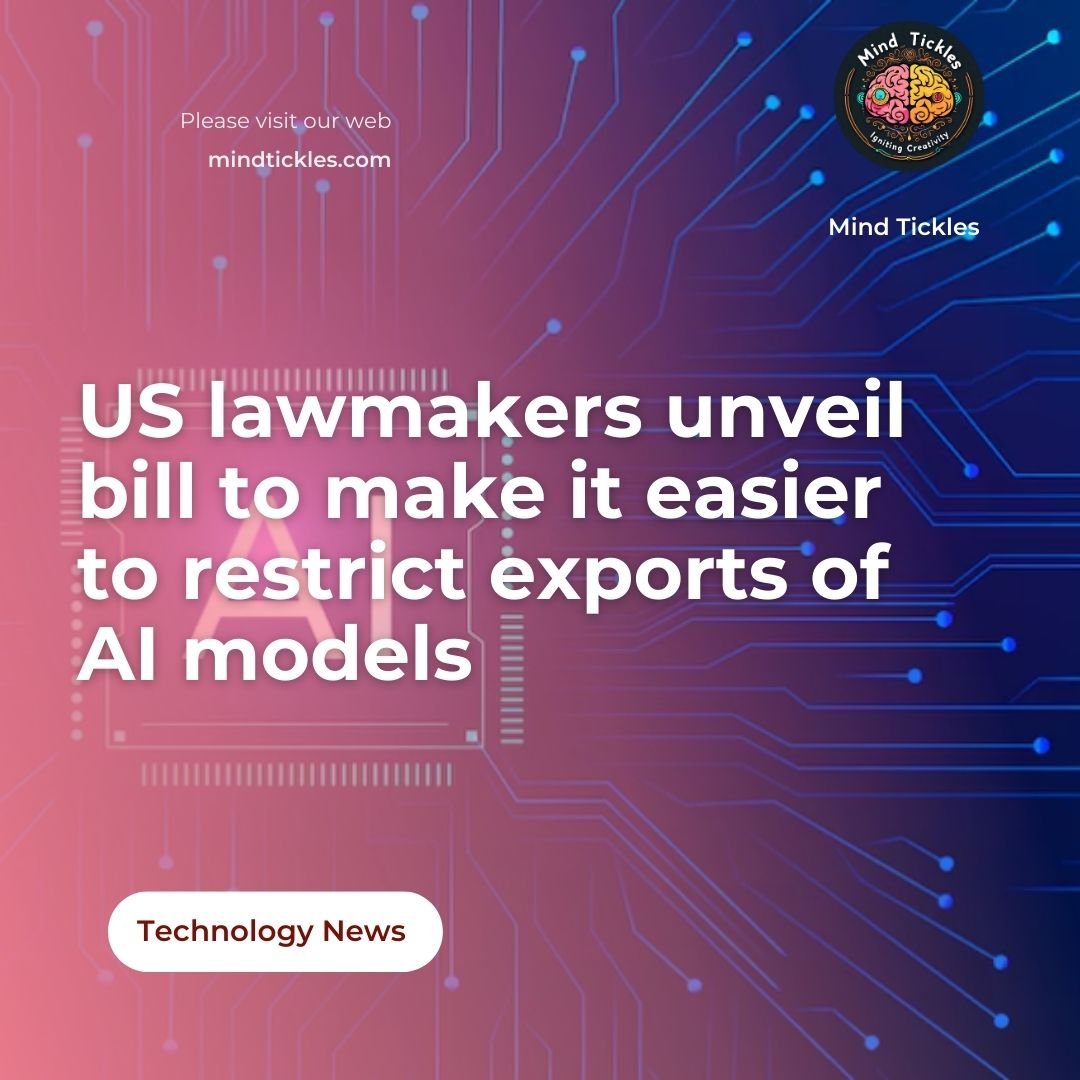US bill to restrict WuXi AppTec, Chinese biotechs revised to give more time to cut ties

The latest actions of the United States Congress concentrating on the sanctioning of American enterprises against certain Chinese companies for technology applications (WuXi appTec and BGI) have stirred up debates across the two fields of pharmaceutical and biotech industries. This in-depth overview of the modified bill covers the practical effects that will be imposed on the companies and the global scenario pertaining to biotechnology sector.
The Revised Biosecure Act: Longer Delivery Time and More Wide-Ranging Issues
One of the highlights of the latest Biosecure Act is the prolonging of the time-frame for US companies to curtail all their dealings with specified Chinese vitrochemical businesses. Compared to the original bill, the change is “the period” has been increased to 2032, which means that, besides partnerships, companies have another eight years to 2032 to get rid of partnerships with WuXi AppTec, BGI, and WuXi Biologics. The provision of this additional period consistently helps businesses, not only to handle the adverse effects of cancelled orders and contracts, but also to gracefully deal with prompt compliance with the imposed legal requirements.
Likewise, the amended bill rather provides Chinese biologists namely WuXi Biologics as the entities of concern, indicating the world is becoming more aware of the role played by Chinese biotech firms in the international supply chains. Spreading out across sectors brings about the increased responsibility of not only the vigilance but also the strategic planning that commercial partners might be facing concerning partner-risks.
Legal Advances and Sector Reaction
Introduction of the reconsidered bill is a key benchmark in legislative procedure with the US House of Representatives committee set to be a docket to consider the progress of the bill. The scheduled committee markup session will provide a chock-a-block opportunity for the various groups to contribute their suggestions and opinions so that they can shape the final recommendations.
The projected law has stimulated a number of stakeholders’ voices that concerning this possible effect. The representative of the USA Congress Brad Wenstrup points to a need for a strategic transition of the world from Chinese biotech company dependence as a solid foundation while acknowledging the necessity of bilateral cooperation. The organization of associations among industries, such as the BIO, urge for measures that would prioritize the national interest, while they insist that the process of handling supply chain related concerns should be balanced.
Evaluation of the Effects on Biotech Manufacturing Chains
The main issue being addressed by the bill is concerned with the effect it could have on the biotech supply chains, which specifically targeted to the drug manufacturing and research area. The restrictions would ensure that health details and genetic material were not accessed by other states’ intelligence agencies and could provoke growth and research within the biotechnology industry in the country.
In fact, the stakeholders also have concerns pertaining to the possible practical issues that would be encountered if the firm would switch to China-based manufacturers. One survey conducted by BIO that shows the fact that almost all pharmaceutical companies, biotechnological have contractual arrangements with the Chinese companies demonstrate the move of transition creates complexity.
Turning Over the Page: Facing Obstacles and Launching Chances
The biotech industry companies need to have not only a pro-active approach but also, they have to be versatile in order to keep up with the constantly changing regulatory environment. Thus, the ranging of risks’ assessments, the inventory of supply chains, and engaging emerging technologies into the operations bring about increased resilience.
Additionally, during the time of regulatory dilemmas, a chance for innovation and teamwork in the biotech business can be made within the ecosystem. Through strong alliance building and digitalisation adoption, businesses have a way to stand as global market leaders that are resilient and competitive.
Conclusion
The legislation to restrict access to WuXi AppTec and other Chinese biotechs by the US government clearly shows the existing tendency and has some profound and long-lasting implications on the biotech field. Regulatory compliance and supply chain management will face many stakeholders. In these circumstances, the firms will need to engage proactively and view strategic foresight as a tool for the identification and mitigation of risks, as well as the exploitation of emerging opportunities.
The latest revisions to the Biosecure Act mark a significant step in US legislative efforts to regulate interactions between American companies and certain Chinese biotechnology firms like WuXi AppTec, BGI, and WuXi Biologics. The extended compliance timeline until 2032 provides US businesses with additional time to disentangle from partnerships with these entities, aiming to mitigate operational disruptions and enhance regulatory compliance. This legislative process involves rigorous scrutiny and debate in congressional committees, reflecting concerns over national security and supply chain integrity. Stakeholder reactions, including industry associations and lawmakers like Representative Brad Wenstrup, underscore the complex balancing act between economic interests and security imperatives. As the bill progresses through procedural steps, such as committee markups, it highlights ongoing efforts to safeguard against potential risks posed by foreign adversaries accessing sensitive health data and genetic material. The proposed legislation addresses critical issues within the biotech sector, from drug manufacturing to early-stage research, emphasizing the need for strategic diversification and enhanced regulatory oversight. In navigating these challenges, US biotechnology companies are urged to adopt proactive measures, leverage digital innovations, and foster international partnerships to maintain resilience and competitiveness in a rapidly evolving global landscape.
.

If you want to read more information just visit –> Mind Tickles





